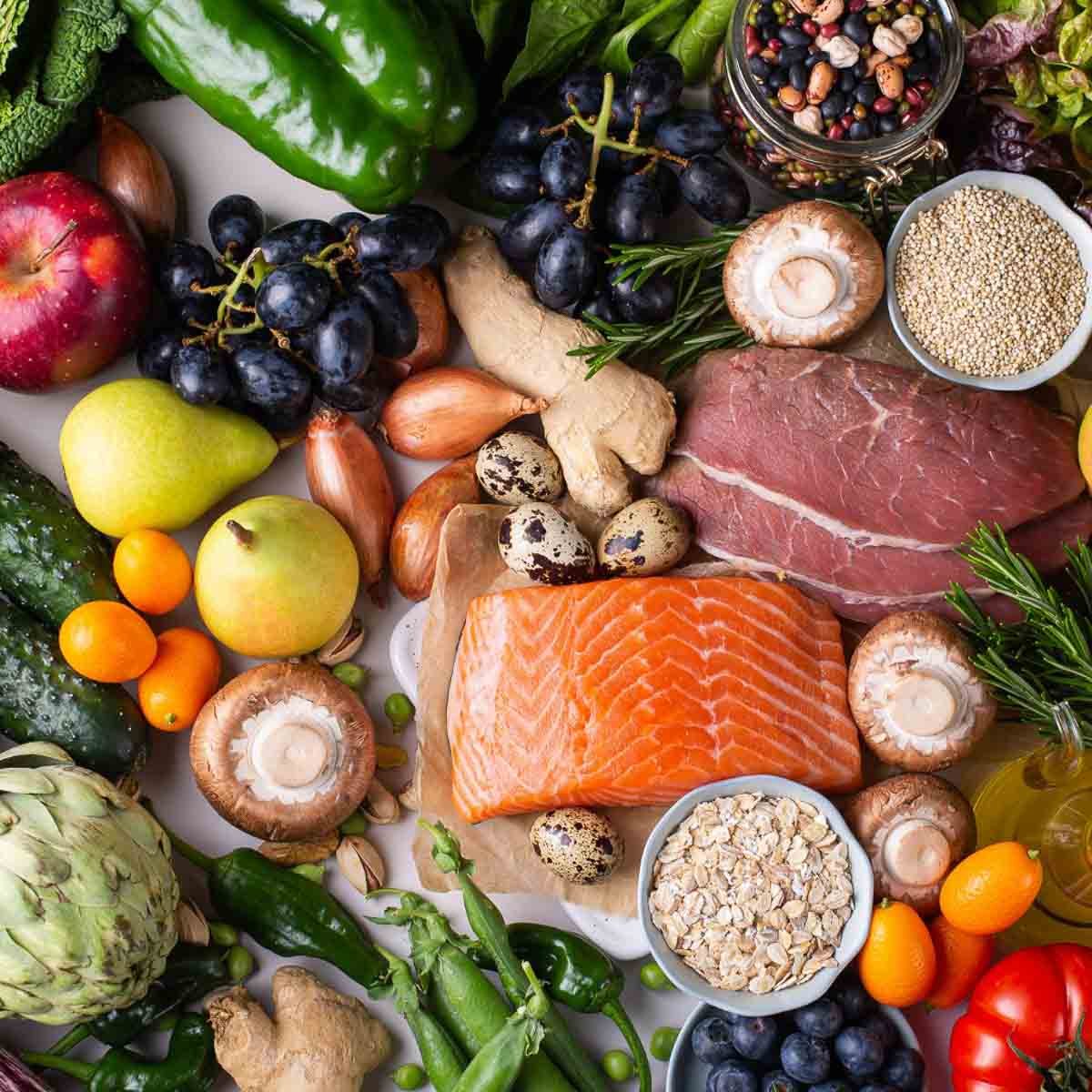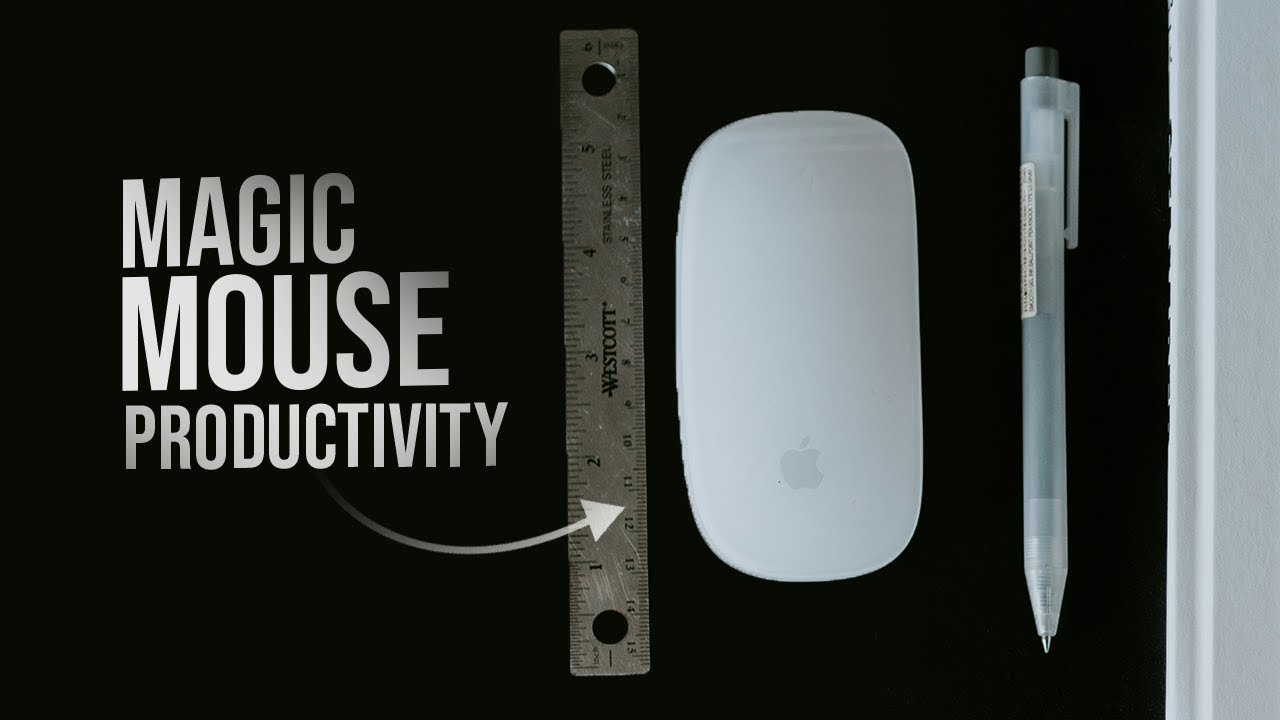Understanding the Mediterranean Diet
The Mediterranean diet focuses on plant-based foods, healthy fats, and lean protein sources. It emphasizes whole grains, fruits, vegetables, and legumes, accompanied by olive oil and moderate consumption of fish, poultry, and dairy.
High-Protein Foods in the Mediterranean Diet
Legumes
Legumes, such as beans, lentils, and peas, form a cornerstone of this diet, offering significant protein, fiber, vitamins, and minerals.
Fish and Seafood
Fish and seafood, especially fatty fish like salmon and sardines, provide crucial protein and beneficial omega-3 fatty acids.
Poultry
Lean poultry like chicken and turkey play a role in protein intake, offering a healthier alternative to red meat.
Nuts and Seeds
Almonds, walnuts, and seeds like chia and hemp are rich in plant-based protein and healthy fats, integral to the diet.
Dairy and Eggs
Greek yogurt and cheeses, including feta and ricotta, are excellent sources of protein, along with eggs.
Strategies to Increase Protein Intake
Enhancing Meals
Incorporate more fish, poultry, and legumes into your meals. Consider adding fish to salads and using legumes in soups and stews for a protein boost.
Smart Snacking
Choose protein-rich snacks, such as nuts, seeds, and Greek yogurt, for a healthy and satisfying option.
Meal Planning for Optimal Protein Intake
Breakfast Ideas
Start your day with a protein-packed breakfast, combining eggs, Greek yogurt, and nuts to ensure adequate protein intake.
Lunch and Dinner Recipes
Try meals like salmon burgers or bean salads for balanced nutrition. Adding cheese and whole grains can further increase protein levels.
General Guidelines for Protein Consumption
Aim to consume 1.2-1.6 grams of protein per kilogram of body weight, focusing on variety and portion control, while moderating red meat intake.
Health Benefits of High-Protein Mediterranean Diet
Weight Management
Protein aids in weight loss and boosts metabolism, supporting effective weight management strategies.
Muscle Repair and Maintenance
Protein is essential for muscle repair and maintenance, crucial for active lifestyles and recovery post-injury.
Cardiovascular Health
The Mediterranean diet’s omega-3s and healthy fats contribute significantly to improved heart health and reduced disease risk.
Through these comprehensive strategies, you can maximize protein intake while reaping the benefits of the Mediterranean diet. Explore more of our insightful articles on health and nutrition on my blog.






